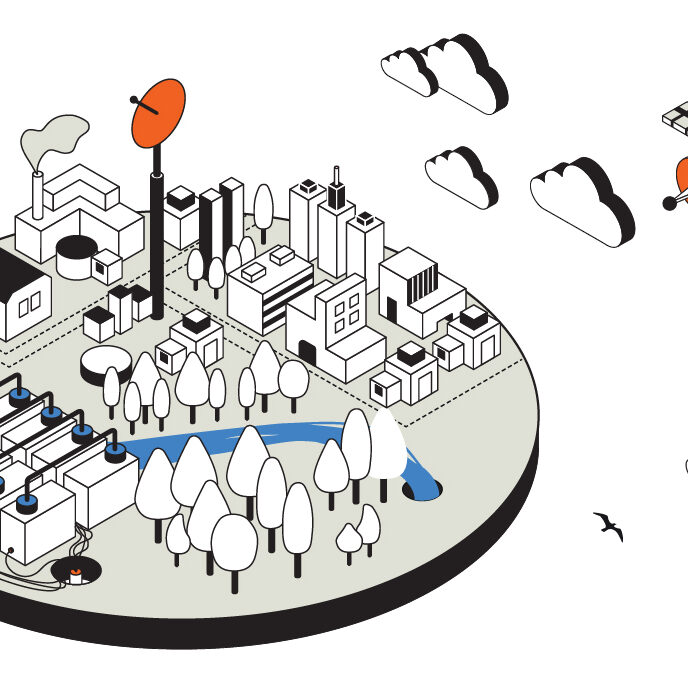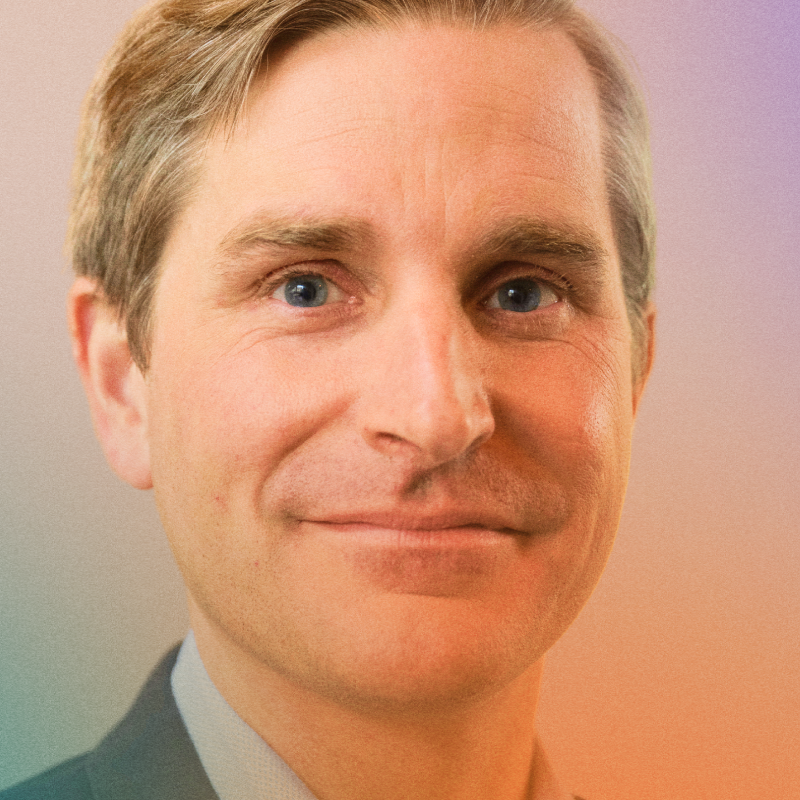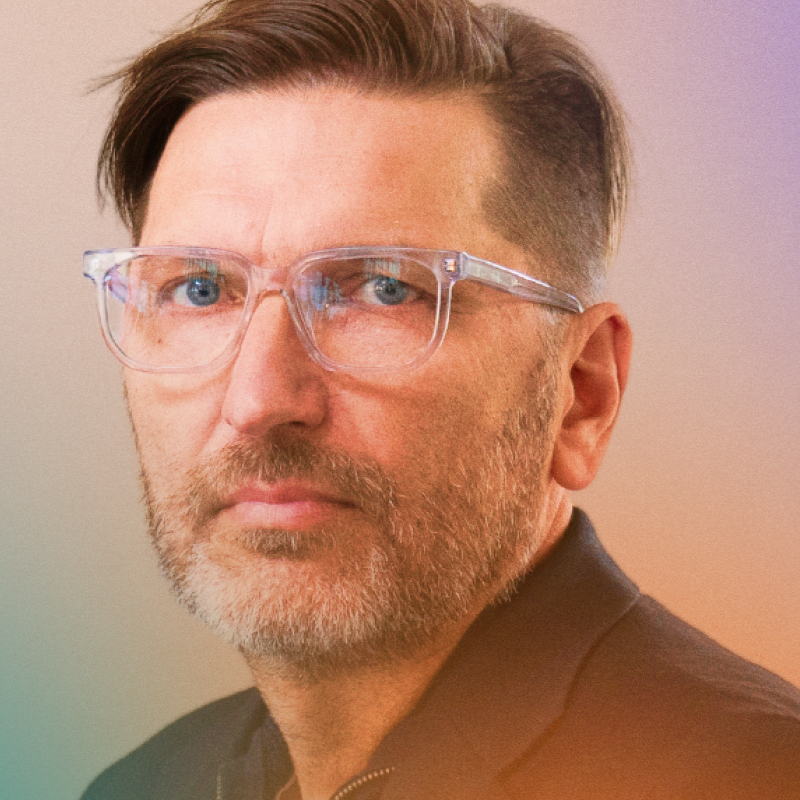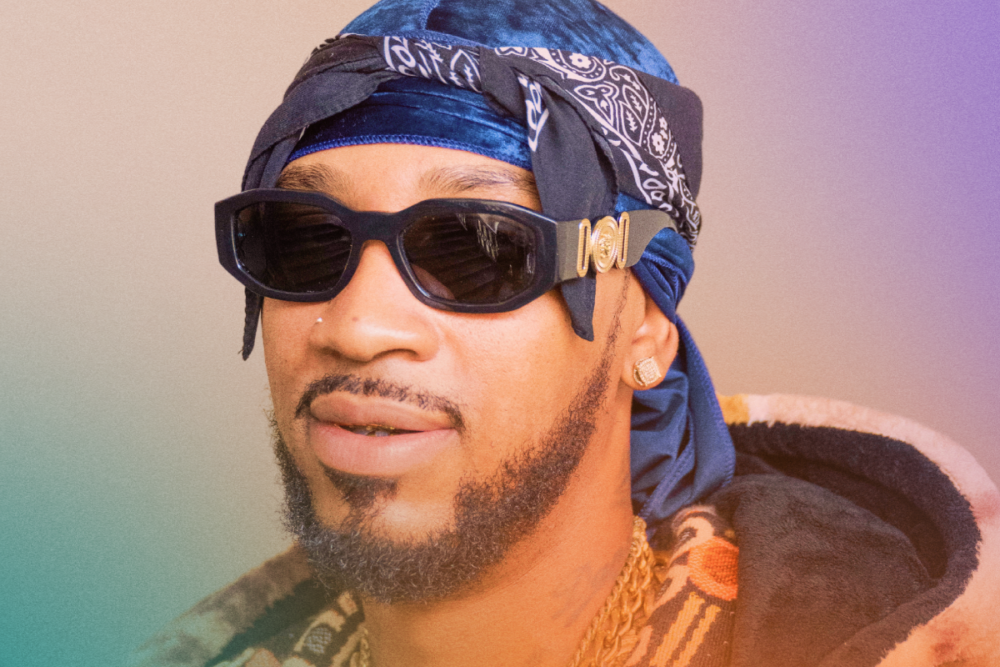
Activist Chris Smalls reflects on taking on Amazon, forming worker unions and digital activism in 2024
At Mozilla, we know we can’t create a better future alone, that is why each year we will be highlighting the work of 25 digital leaders using technology to amplify voices, effect change, and build new technologies globally through our Rise 25 Awards. These storytellers, innovators, activists, advocates. builders and artists are helping make the internet more diverse, ethical, responsible and inclusive.
This week, we chatted with winner Chris Smalls, an activist using technology to effect change and advocate for a better world. He’s the founder and president of the Amazon Labor Union in Staten Island that advocates for workers’ rights and conditions. In 2020, he was fired by Amazon after leading protests against its working conditions during the COVID-19 pandemic. We talk with Smalls about the early days of the union fight, his work in the community and how the digital world has impacted organizing efforts.
When people are fighting against Amazon, there are a lot of different fights — wages, time-off, to even remote work now. What was the main thing that you wanted to fight for like during that time? When you began to fight for the union.
The pandemic, for sure. It was COVID-19. That initially was the reason why I spoke up. You know, after working there for a number of years — five years — and realizing that we weren’t prepared for the virus on a local level, it was a very alarming situation to be in, and this was before the vaccine, before mask testing, before we even really understood what the virus was doing. We knew it was wiping people out, so my fear was that it would spread like wildfire within the warehouse and within the whole Amazon network. So initially, I was just trying to go through the proper channels. And one thing led to another, you know, when I wasn’t met with an answer that I felt was sustainable for not just myself, but for everybody, that’s when I started to pretty much rebel. I try to still do that in a respectable manner, but unfortunately, the company decided to take an aggressive route by just quarantining myself out of the thousands of people, and I felt that wasn’t right at all. So initially it was over COVID-19, but as things unfolded, the demands changed over time. And it wasn’t until 2021 — the end of 2021, spring — was when we decided that we were going to form this independent Amazon labor union.
How did you get people on board with this? How did you convince people to buy into it?
I used Amazon’s principles — really, to be honest with you — earning the trust, building the relationships. One of my favorite principles out of the 14 was, have backbone, disagree and commit, so that’s exactly what I did. I disagreed with the way they were responding. I had a backbone to stand up to it, and I committed myself to the movement and committed myself to building relationships and earning the trust of the workers. So, over the course of 11 months, you know, organizing outside across the street, meeting people, having conversations, having barbecues, giving out free food — and yes, we did give out free weed — we did all these things, little things that mattered the most. Things that Amazon overlooked all the time – the little things. How do people get to work? How do they eat lunch every day? How do they get a ride to and from work in a snowstorm? We were there for them during those times, and we did those little bit of things with a little bit of money that we had from donations, and that’s ultimately how we defeated them, which is bringing people together from all different backgrounds.
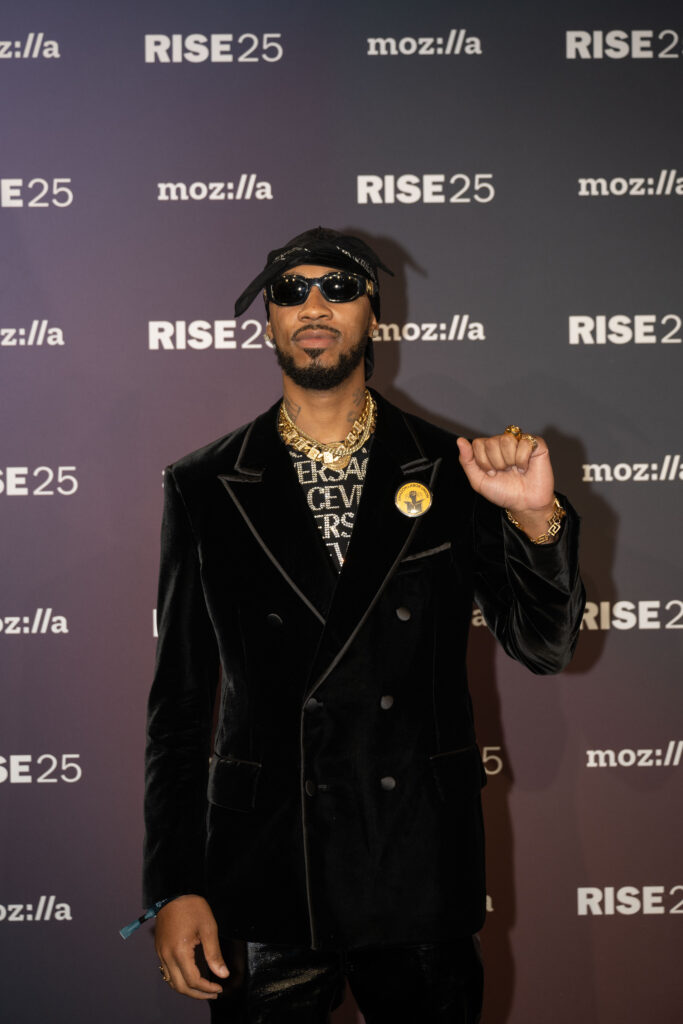
When you reflect on your time at Amazon, what do you remember most about that period in your life in terms of the work that you did there?
What I remember most is really just being allowed to be exactly who people see today. When I worked there, I was so well respected because I was a good employee, that I was allowed to pretty much create my culture within my own little department no matter what building I was in. I opened up 3 buildings for Amazon — one in New Jersey, Connecticut and Staten Island — and for me to go to each of these buildings and be able to have the respect of upper management and have the morale of the people underneath me to make them productive, and my team go number one in our department. I think people respected the fact that I was always siding with the workers, no matter what position I was in, and I was a supervisor. To have the morale that I had, I had to understand where people came from, and I understood where they came from because I was them at one point in time. I was an entry level worker on the line, picking and packing boxes just like the rest of them. So for me, I never forgot where I came from, and by having those types of skill sets, along with learning those principles, that’s what made me the best organizer I can possibly be.
You’ve gotten a lot of different spotlights — being on The Daily Show, meeting President Joe Biden, magazine features — which experience from the last few years has kind of made you stop and realize the magnitude of what you did?
The Daily Show is definitely up there, that was a cool one. The Breakfast Club, that was a cool one for me. Desus and Mero was a cool one for me. And of course, the White House. I’m not fond of the President, but to go to the White House as a young black man from where I came from is unheard of, so, that’s always going to be a highlight of my life, regardless of who the President is.
Where do you draw inspiration from to continue the work that you do today?
I draw definitely from the youth, the younger generation. I try to stay young and hip — I’m still 35 years old and I have kids already, I have kids about to be in high school. My kids are 11 going on 12, and they’re watching me on YouTube, especially on TikTok. I’m in their classroom. They’re talking to their friends about their dad. So for me, my inspiration is being a good role model, being a good father and understanding that the youth is paying attention now, and because of my uniqueness and our style, our swag, the way my union is so different, I want to continue to build off of that. I want to make sure that we’re making unionizing cool because before it was boring, you know, to talk about it. But now we’re trying to change the culture of what labor looks like.
What do you think is the biggest challenge that we face right now in the world, on and offline? How do you think we combat it?
Well, the biggest challenge is the opposition. The system that’s been in place is still operating against us, and they got a lot more money and power than we do. The reason why they continue to get away with the things that they do is because we’re still divided.
I’m a fast learner in my few years of organizing, the labor movement itself is in a small bubble. If you talk about social injustice, it’s in a small bubble. You talk about women’s rights, it’s in the small bubble. Climate is in a different bubble. We’re not really, truly connected until we see something like a George Floyd where everybody’s out in the streets, and that’s the problem with America. We all go out in the streets when we see things like George Floyd. But then, after a while, we forget about it, and then we go back to work. And then it’s like, “Oh well, I can’t, because of my own individual problems that I have, and it’s not everybody’s fault. It’s the system that we live in that is designed to keep us distracted and not together.” So I think that’s the biggest issue that we got to overcome is, how do we connect all these different movements? Because at the end of the day, we’re all a part of the working class, no matter what movement, we’re all part of the working class. And if you’re in the labor movement, everybody here is a worker, no matter what job you work for or what industry you work for, you’re a worker. My goal one day is to connect trade unions to all the different movements and make this a class struggle, This is a class struggle. It’s 99.9% of us versus the one percent class, the billionaires. And I think if we all realize — that we’re all poor compared to these billionaires that are the ones who make the decisions for the rest of us and control these corporations — then we’ll be way better off than we are as a country.
What gives you hope about the future of our world to reach a place where we’re all much better?
What gives me hope now is that I’m walking into middle schools now and these 10-year-olds are telling me that Jeff Bezos is a bad man. Back in the day I didn’t go to class, and on Career Day, there was no Chris Small walking into a classroom on Career Day. There was always police officers, firefighters or nurses and doctors. But there was never a young, Black, cool-looking, Urban-like, brother to come in and say “Yo, you could be a trade union leader and still be as cool as a rapper. It was none of that. So for me, that’s what gives me hope is that the young generation — it’s a gift and curse they have access to iPads because they get access to everything — but they’re much more conscious than we were. They’re much more smarter and advanced and I know that could be a little scary, because they do have access to a lot of things at a younger age, but these kids are so smart now that they’re able to make decisions at a younger age. The younger generation is paying attention to the major issues of the world right now. I think we’re in a time that we’ve never seen before and that’s what gives me hope is that the younger generation is going to lead the way instead of us passing the torch, they’re going to lead it.
